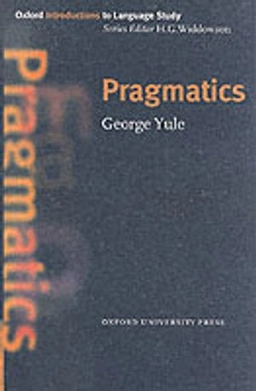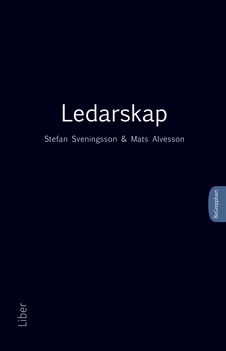Cognitive linguists share the belief that language is based on our experience of the world. Although scientific in its claims, cognitive linguistics appeals to the intuitive feeling that our use of language is related to how we perceive things and situations around us. This comprehensive text provides a clear introduction to the major approaches that are guided by these assumptions. It is the first text to draw together all the important aspects of both cognitive semantics and syntax and it includes original proposals for a cognitive theory of word-formation and cognitive hierarchies.
An Introduction to Cognitive Linguistics explains the central concepts and the assumptions on which they are based in a clear and logical style, tracing their historical roots in linguistics or psychology. Chapters consider the mental process of categorization and its result, the cognitive categories which influence our use of words, the role of metaphor for understanding abstract concepts and analyse attempts to define clause patterns, word classes and other aspects of syntax based on general cognitive principles. This text also brings together issues which have not originated in cognitive linguistic research, but have benefited from being put on a cognitive basis, namely iconicity, grammaticalization, lexical change and language teaching.
Åtkomstkoder och digitalt tilläggsmaterial garanteras inte med begagnade böcker
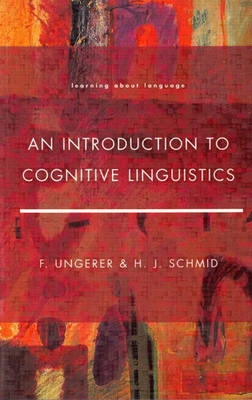

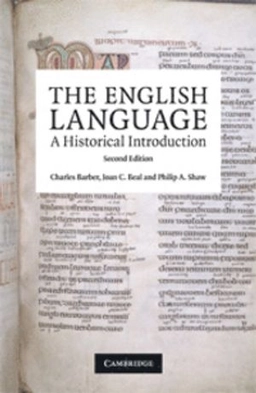




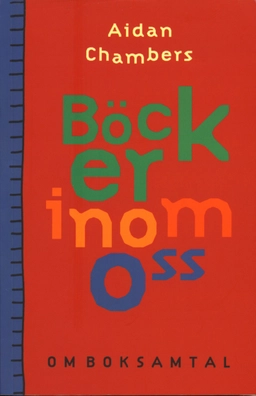

![MacMillan English Dictionary: For Advanced Learners of American English [With CDROM]; Macmillan Publishing, Michael Rundell, Michael Mayor; 2002](/images/format:webp/size:256:0/quality:100/asset/book-cover/macmillan-english-dictionary-for-advanced-learners-of-american-english-with-cdrom-9780333966723)

